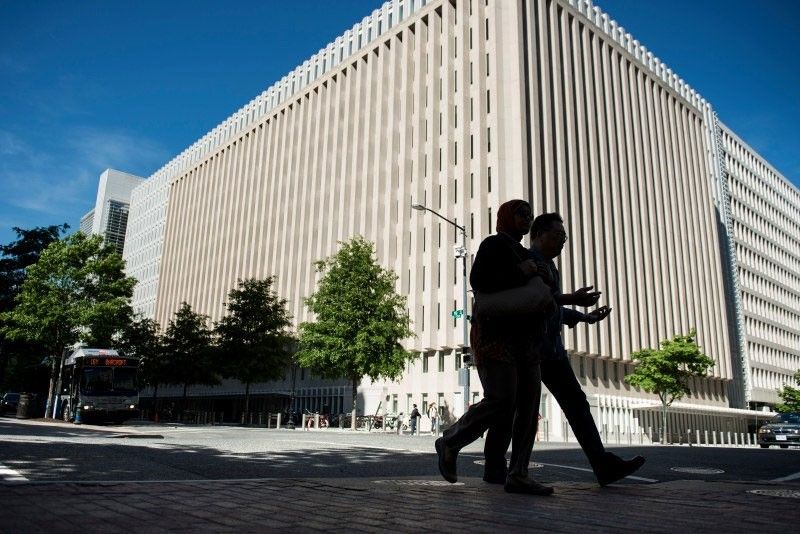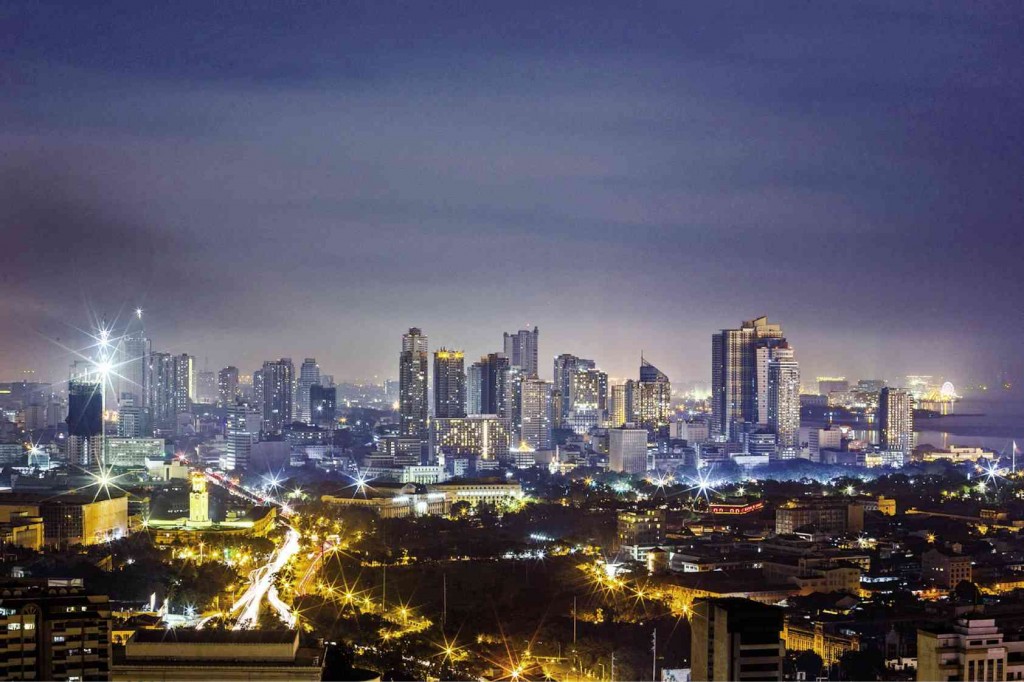WB lauds Philippines for ‘proactive’ tax reform
Mary Grace Padin
The Philippine Star
June 9, 2019
MANILA, Philippines — A top World Bank official has lauded the Duterte administration for implementing a “proactive and forward-looking” tax reform program, which is seen to raise enough funding for the government’s infrastructure and social program and help sustain economic growth, the Department of Finance (DOF) said.

World Bank director of macroeconomics, trade and investment Lalita Moorty cited the Philippines’ accomplishments on the economic front, especially in implementing a tax reform program to enable the government to aggressively increase its investments on infrastructure and social services.
The DOF quoted Moorty, who said it was “quite a change” to see a country implementing a tax reform proactively, unlike some countries who only push for these reforms when they are in the middle of a fiscal crisis.

World Bank director of macroeconomics, trade and investment Lalita Moorty cited the Philippines’ accomplishments on the economic front, especially in implementing a tax reform program to enable the government to aggressively increase its investments on infrastructure and social services.
The DOF quoted Moorty, who said it was “quite a change” to see a country implementing a tax reform proactively, unlike some countries who only push for these reforms when they are in the middle of a fiscal crisis.
“It is actually quite a change to see a country that is taking a very forward-looking approach to reforms.The Philippines is posting really fast growth rates, about three times of what we see in Europe and Central Asia. I think this is a good time to do these tax reforms. It is a good time and you have seized it. That is quite impressive,” said Moorty during the Philippine Day Forum held in Washington DC last April 11.
According to the DOF, Moorty also commended the Philippine government’s sound fiscal policies as shown by its declining debt-to-gross domestic product (GDP) ratio amid sustained rapid growth and increased public spending.
According to the DOF, Moorty also commended the Philippine government’s sound fiscal policies as shown by its declining debt-to-gross domestic product (GDP) ratio amid sustained rapid growth and increased public spending.
“When I think about comparing the Philippines to other parts of the world, it has managed to do so much and grow so much while bringing its public debt-to-GDP ratios down. It’s very impressive that it went from over 50 percent to around 40 percent in a decade. That’s quite impressive, in contrast to other countries where we’re seeing a rise in the public debt-to-GDP ratio,” Moorty said.
“All in all, I think this is such a strong and wonderful start when I look at the Philippines in comparison to other countries in the world and I do hope that this continues to progress and accelerate in the near future,” she said.
Finance Secretary Carlos Dominguez said actual disbursements for infrastructure and capital outlays reached P1.64 trillion in the first 10 quarters of the Duterte administration, outpacing the P1.57 trillion investments made by the previous administration in all of its six years.
He said economic expansion averaged 6.5 percent in the same first 10 quarters.
The country’s debt-to-GDP ratio, meanwhile, continued its downward trend to 41.9 percent last year from 68.5 percent in 2005, and is expected to further decrease to 38.6 percent by 2022, Dominguez said.
“All in all, I think this is such a strong and wonderful start when I look at the Philippines in comparison to other countries in the world and I do hope that this continues to progress and accelerate in the near future,” she said.
Finance Secretary Carlos Dominguez said actual disbursements for infrastructure and capital outlays reached P1.64 trillion in the first 10 quarters of the Duterte administration, outpacing the P1.57 trillion investments made by the previous administration in all of its six years.
He said economic expansion averaged 6.5 percent in the same first 10 quarters.
The country’s debt-to-GDP ratio, meanwhile, continued its downward trend to 41.9 percent last year from 68.5 percent in 2005, and is expected to further decrease to 38.6 percent by 2022, Dominguez said.
Dominguez said the national government’s revenues rose by 15 percent to P2.85 trillion in 2018, while tax revenues grew 14 percent to P2.57 trillion.
This translated into a tax effort of 14.7 percent last year, which is now the highest the government has ever achieved in the past 20 years.
Revenues from the Tax Reform for Acceleration and Inclusion (TRAIN) Law, the first package under the Duterte administration’s comprehensive tax reform program, reached P68.4 billion in 2018, higher than the full-year target of P63.3 billion.
This translated into a tax effort of 14.7 percent last year, which is now the highest the government has ever achieved in the past 20 years.
Revenues from the Tax Reform for Acceleration and Inclusion (TRAIN) Law, the first package under the Duterte administration’s comprehensive tax reform program, reached P68.4 billion in 2018, higher than the full-year target of P63.3 billion.


